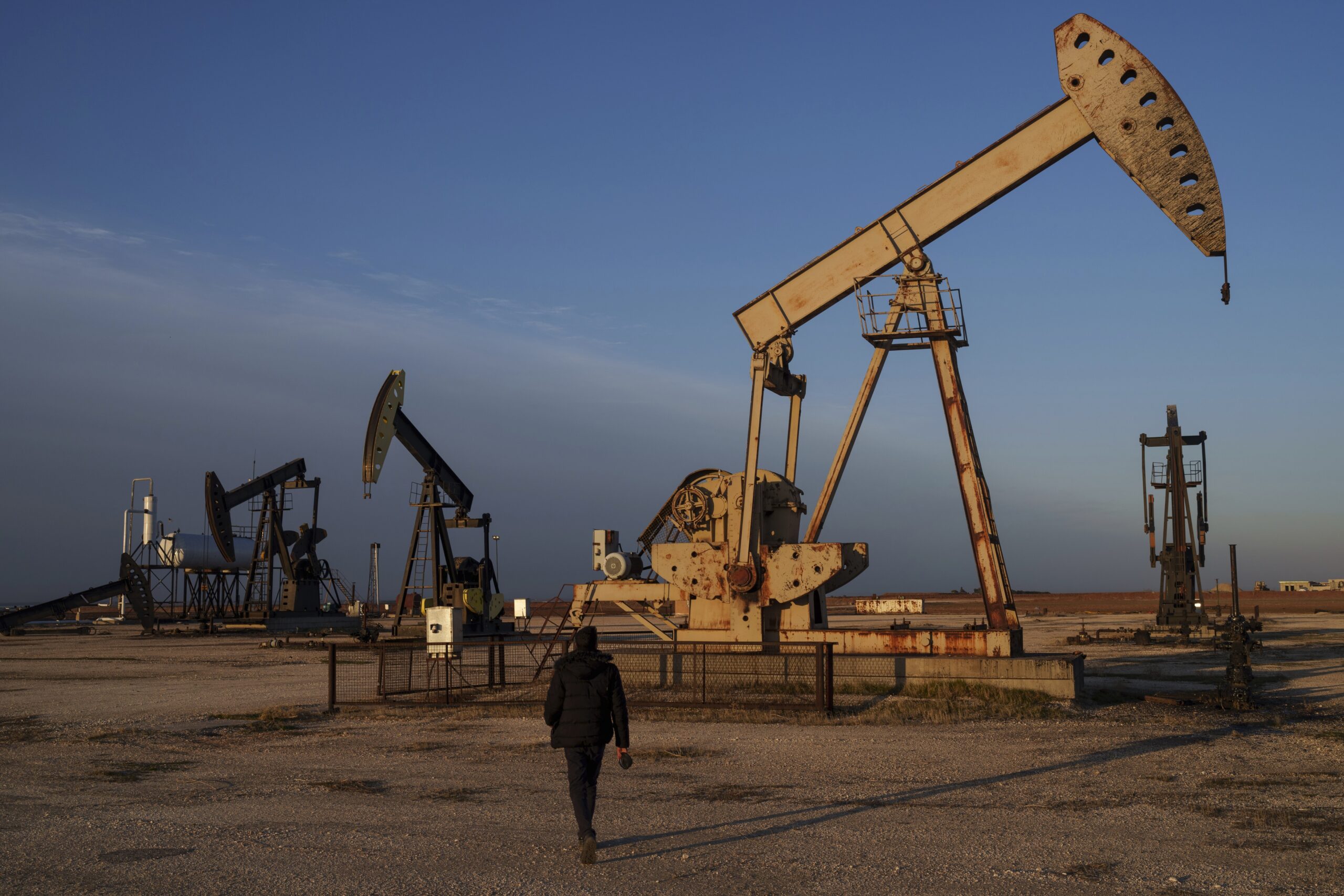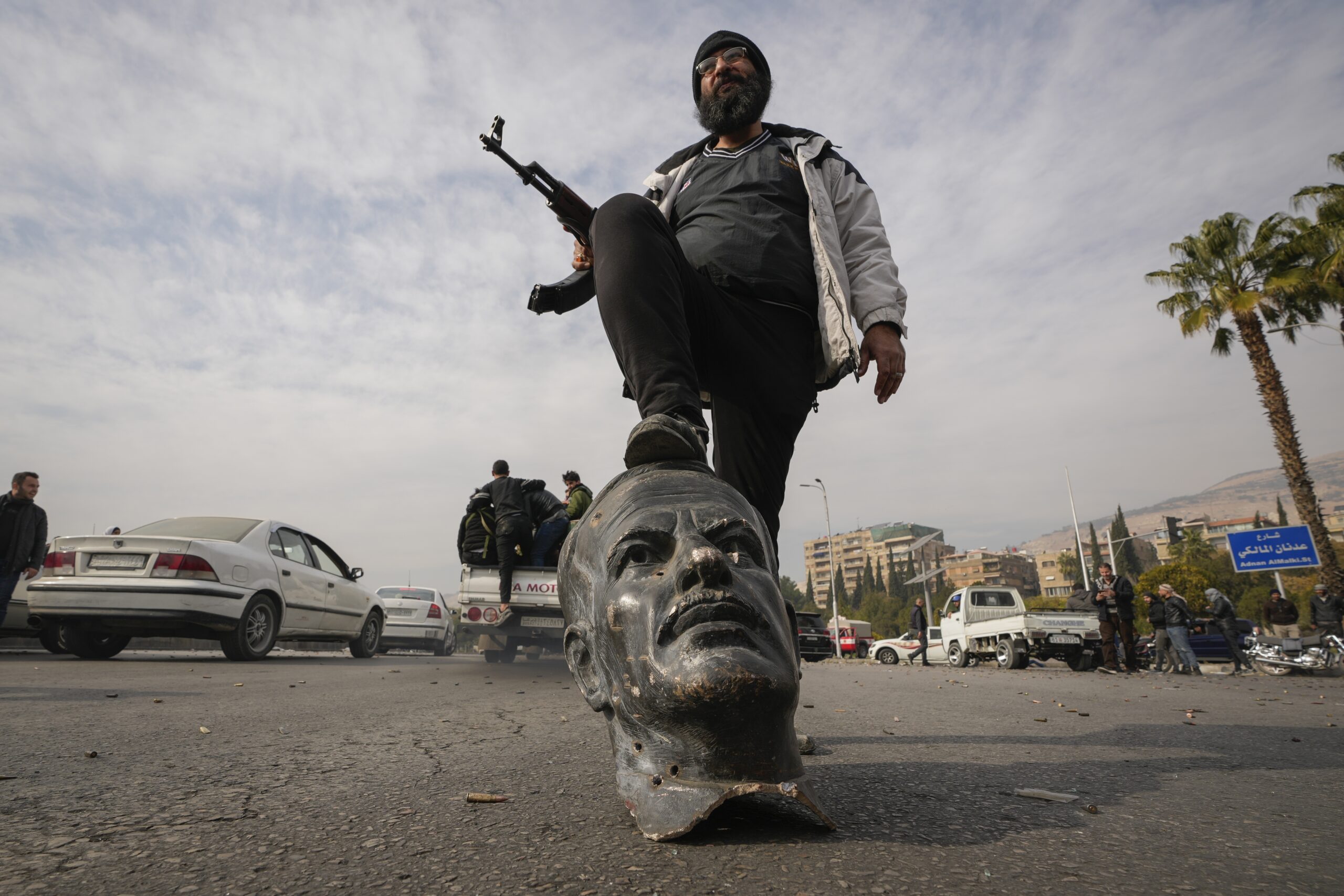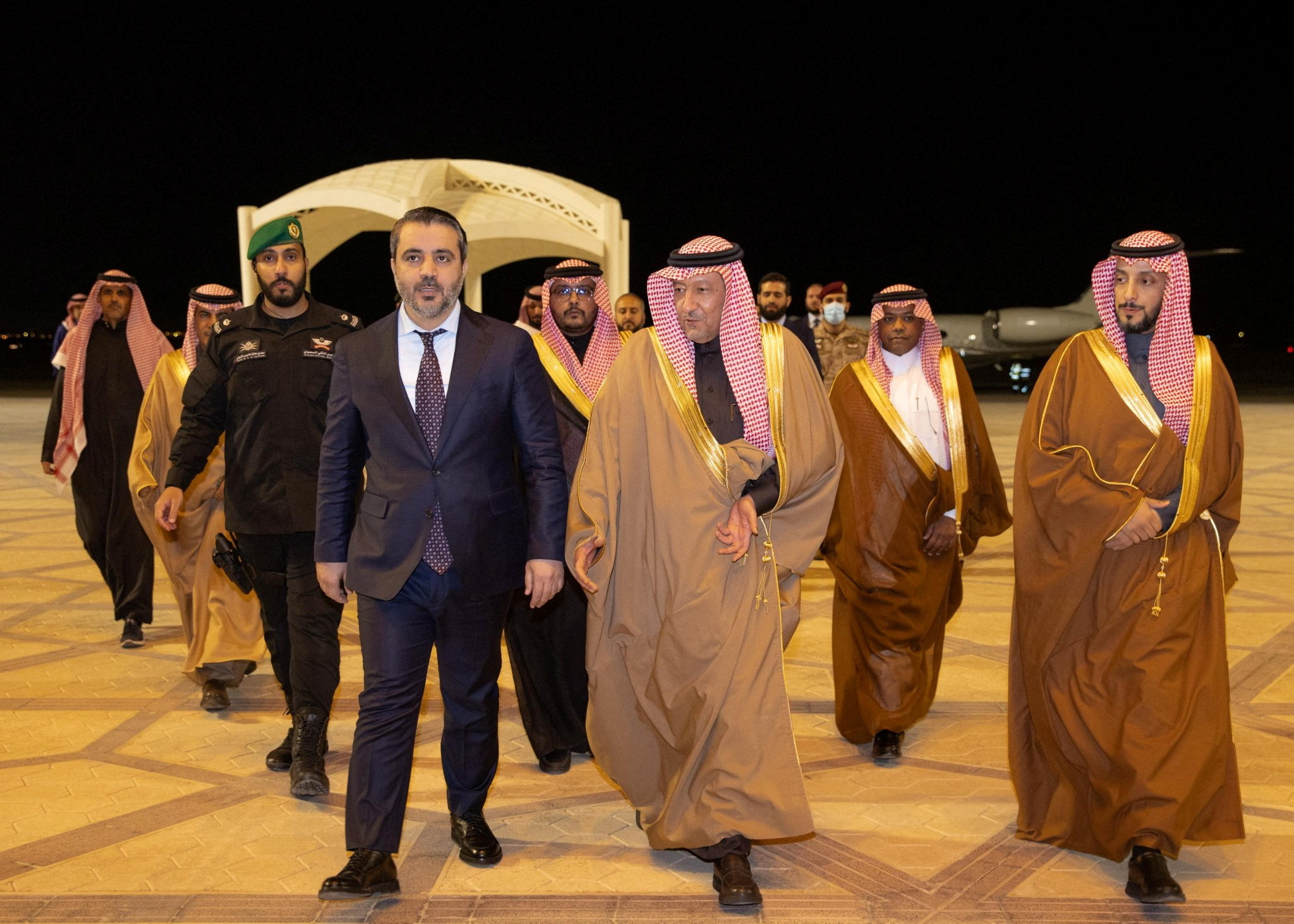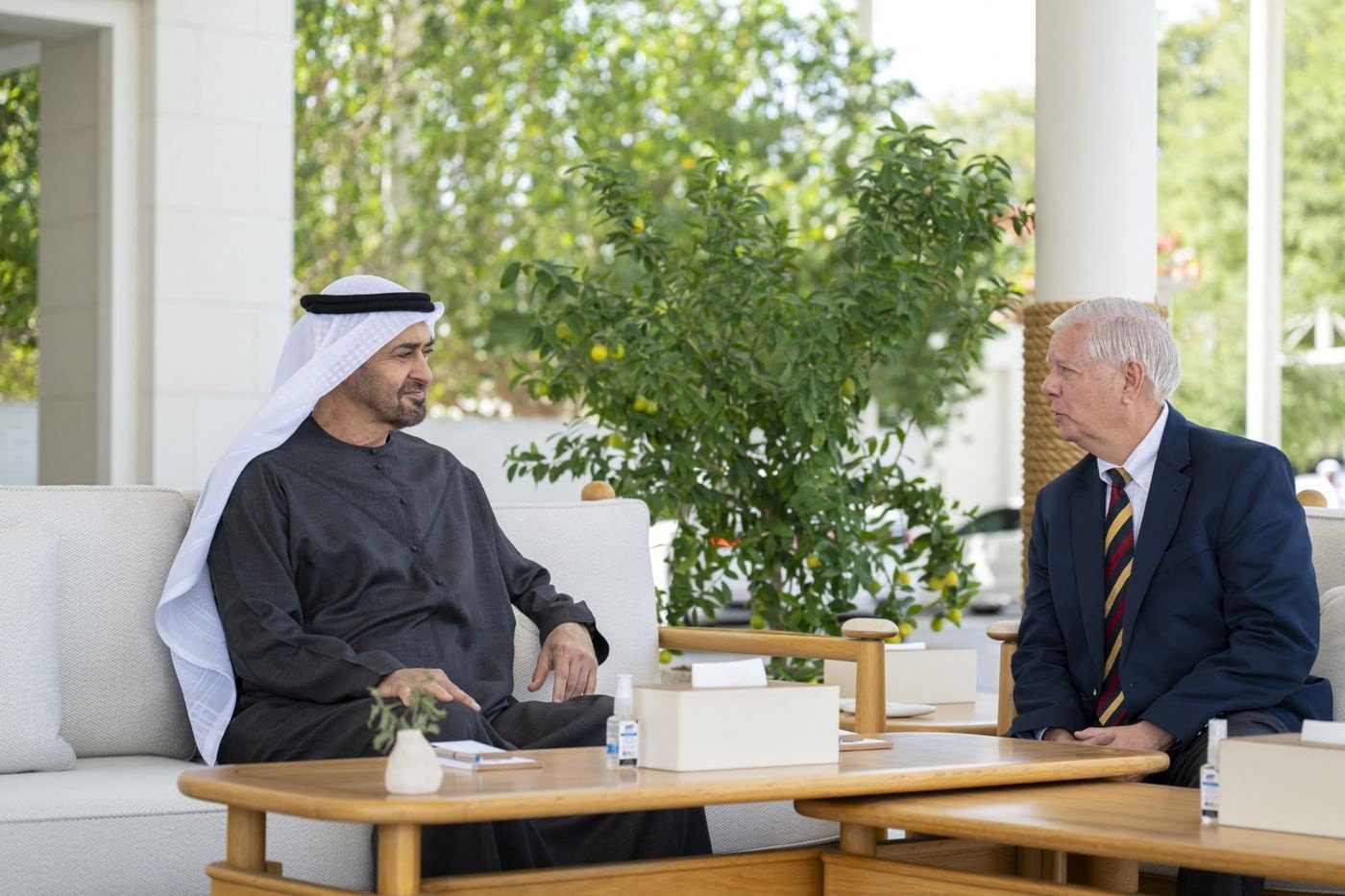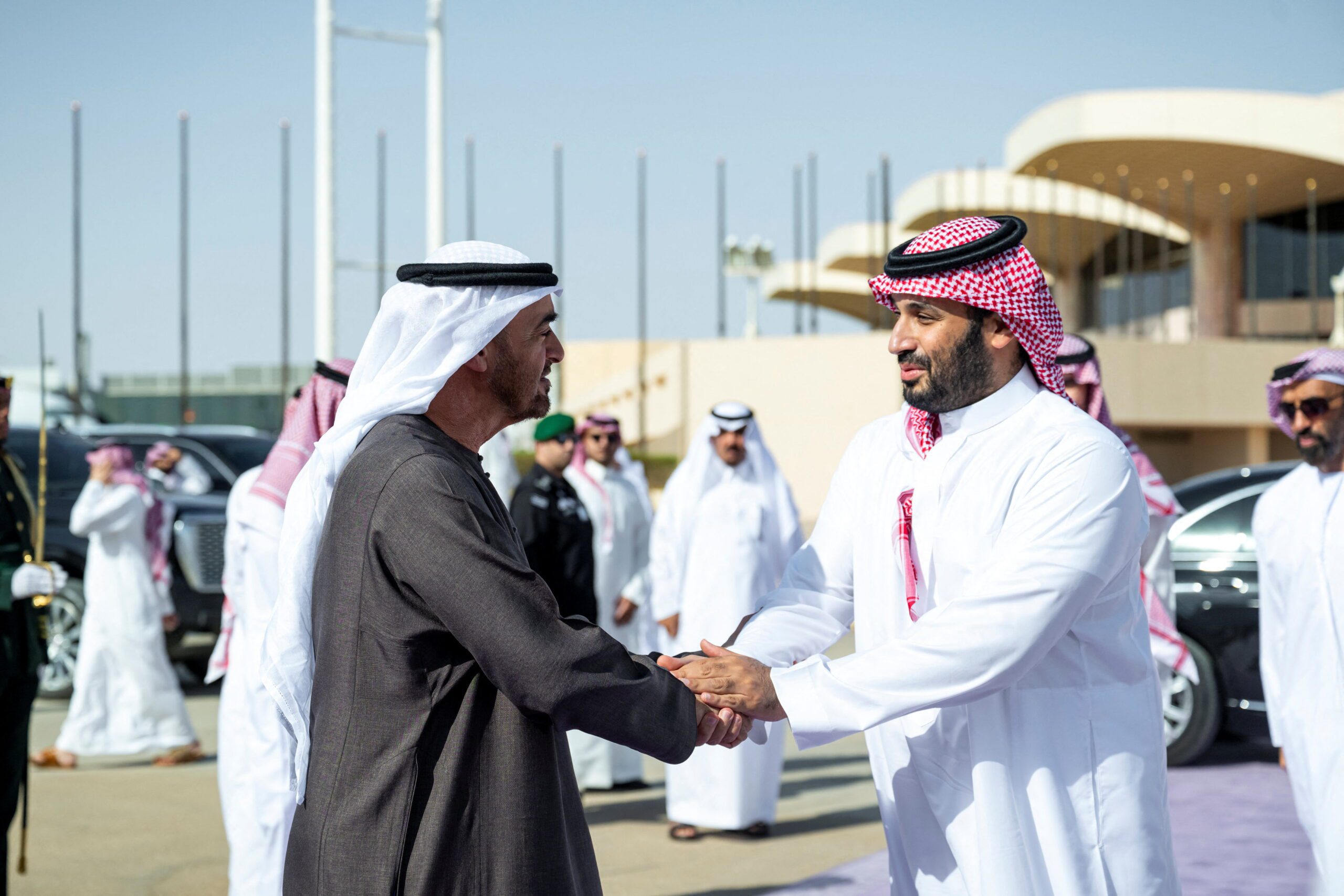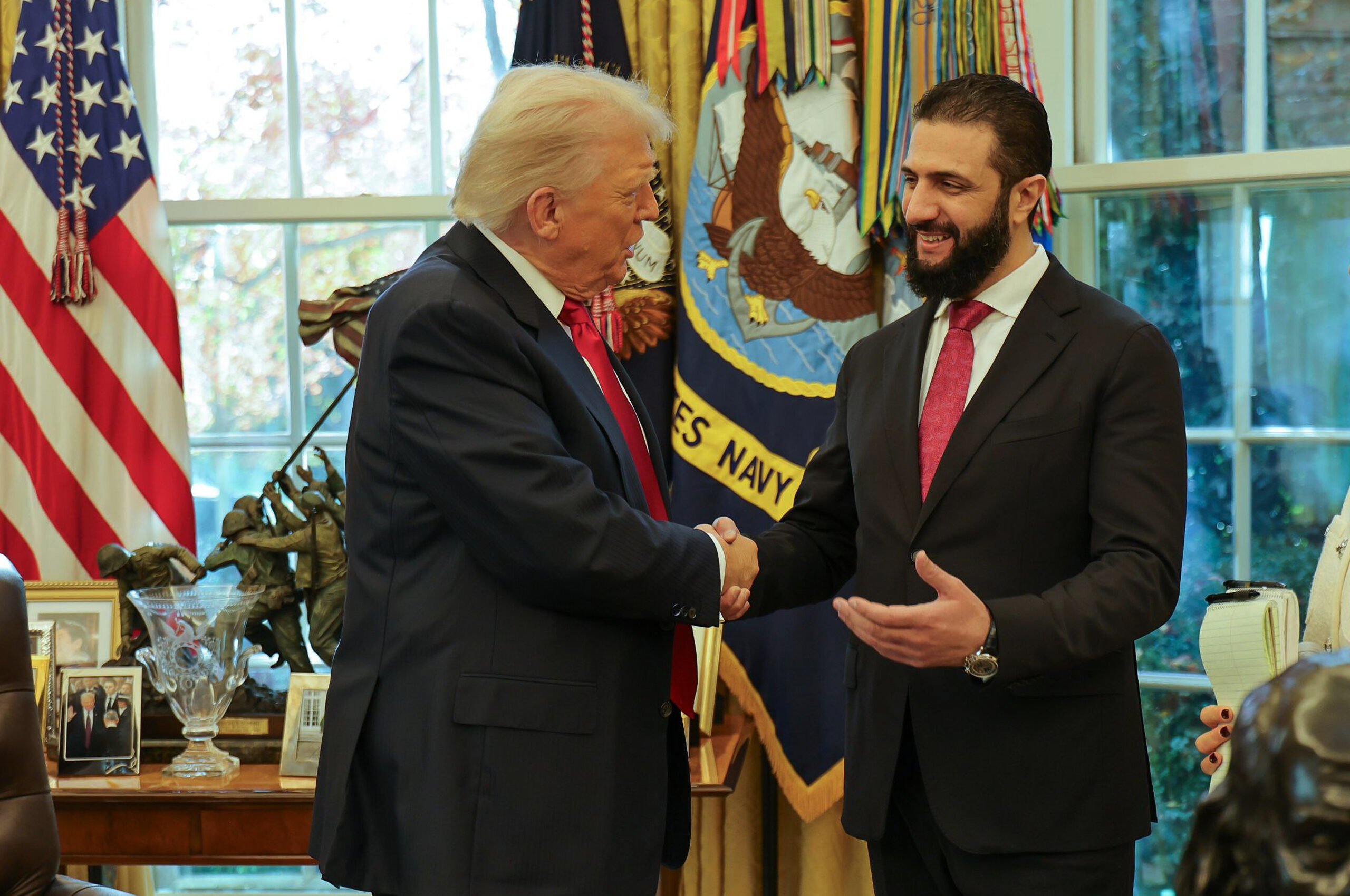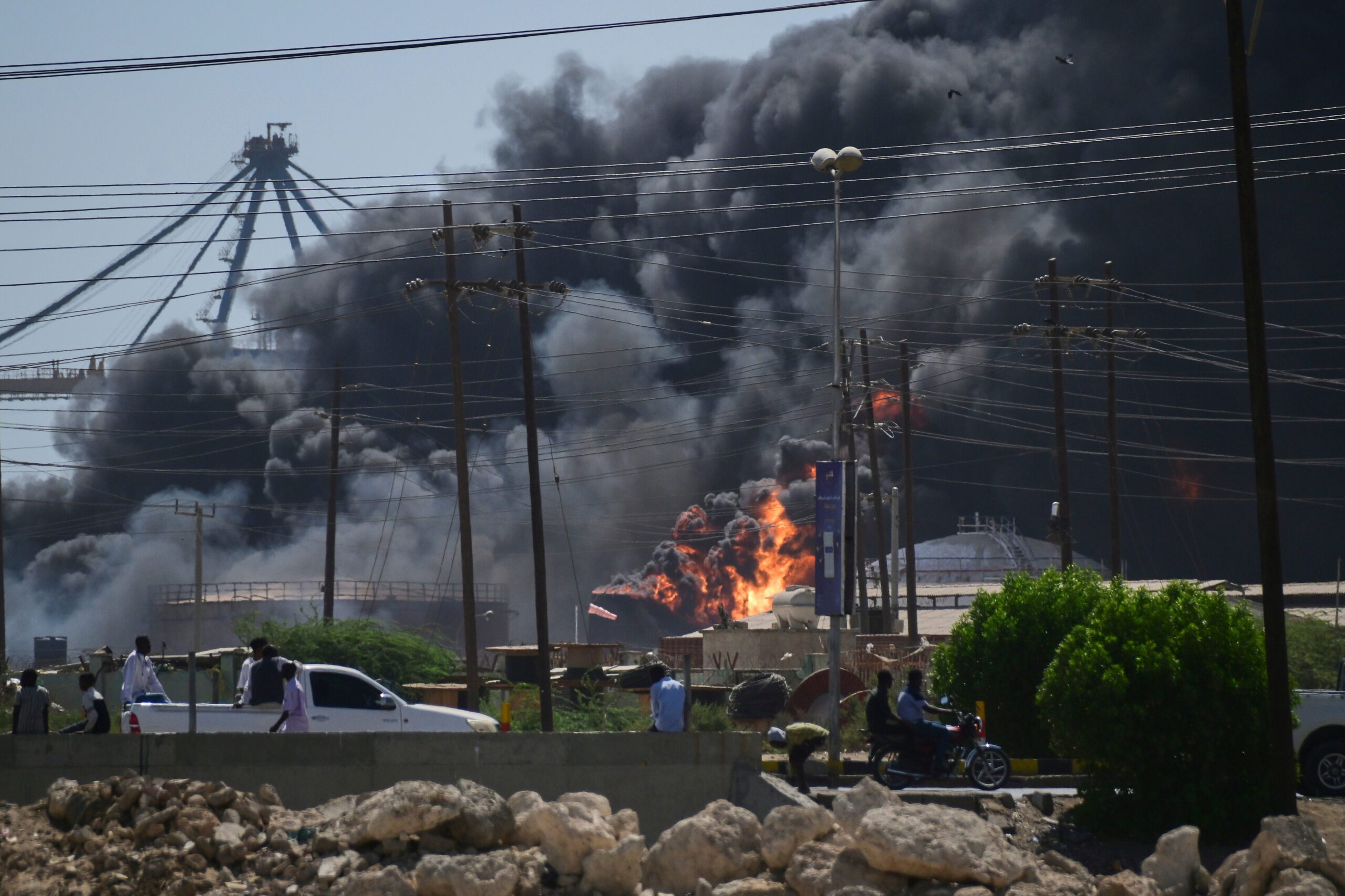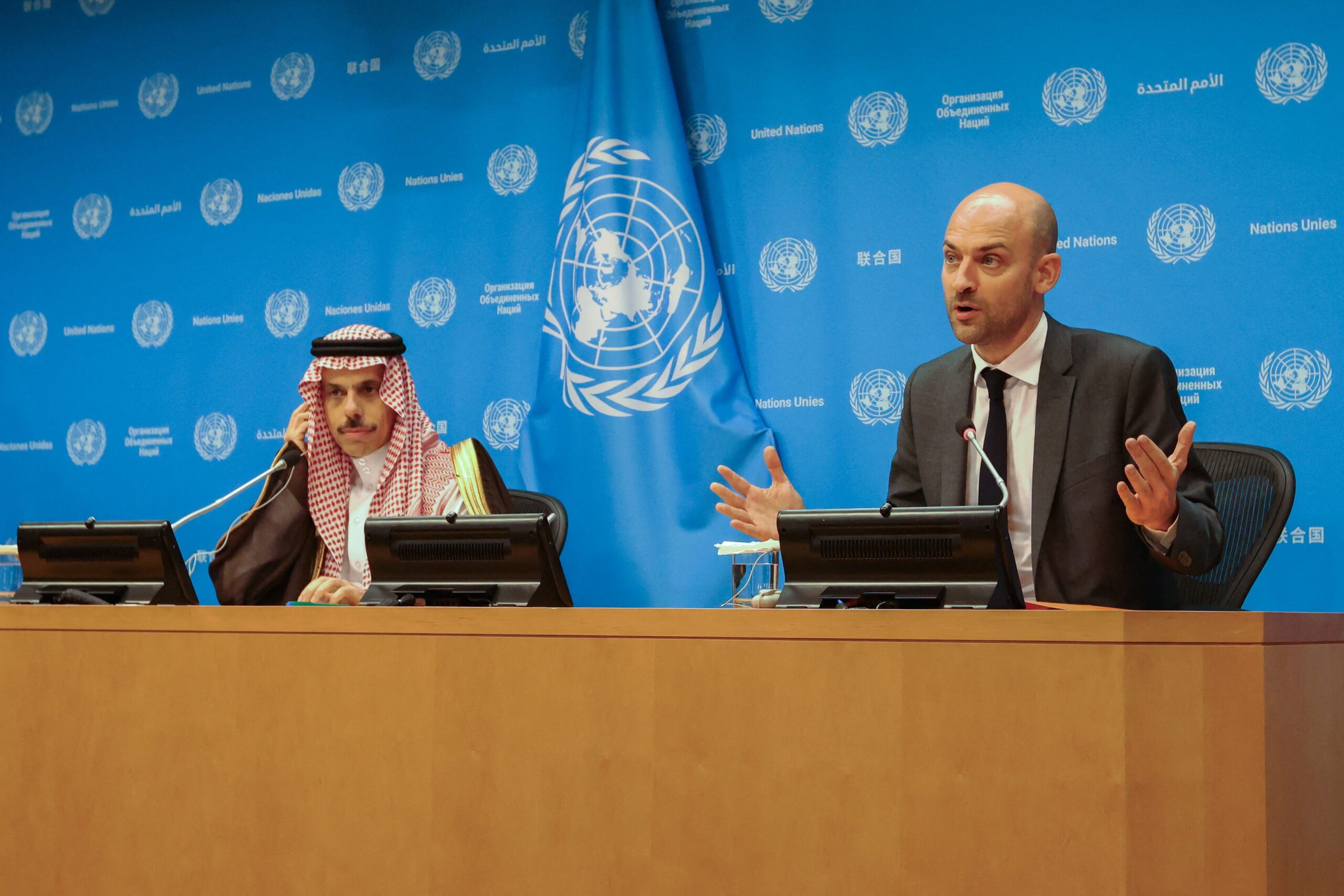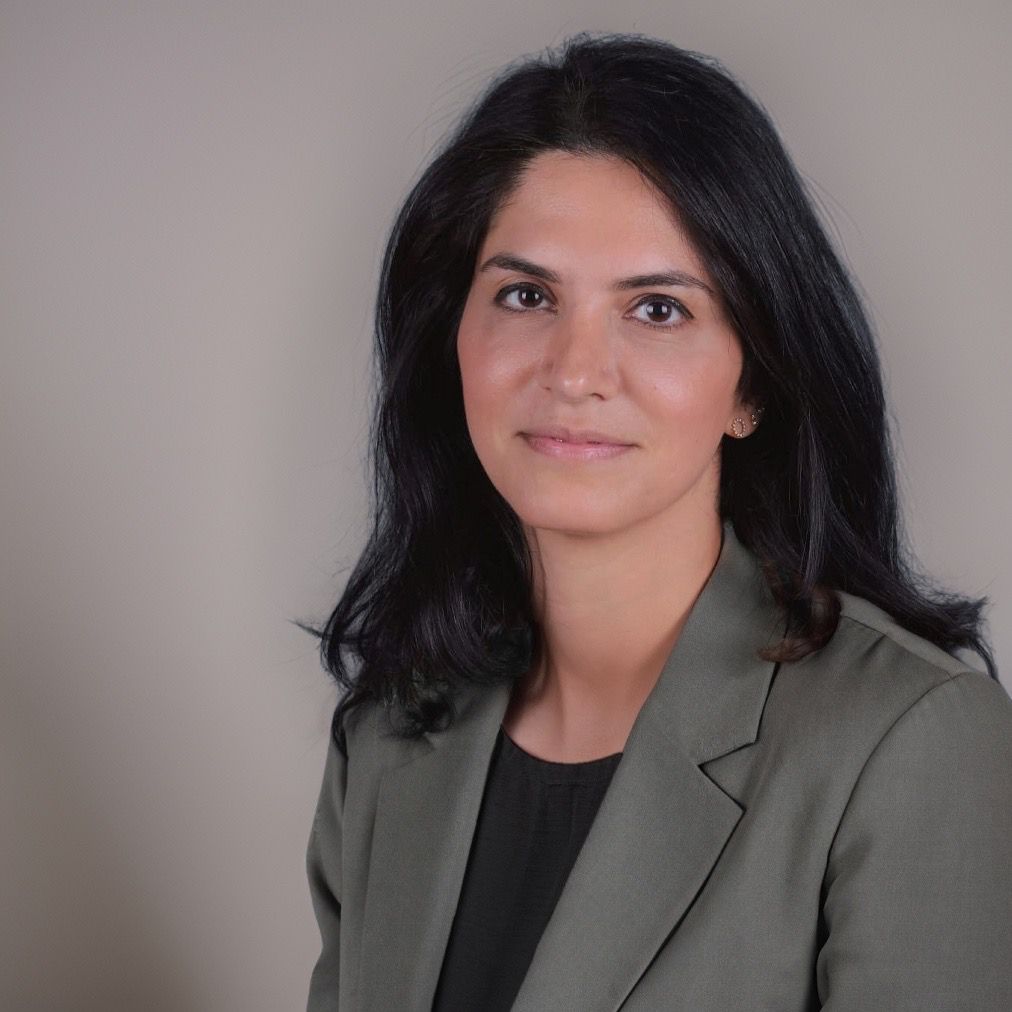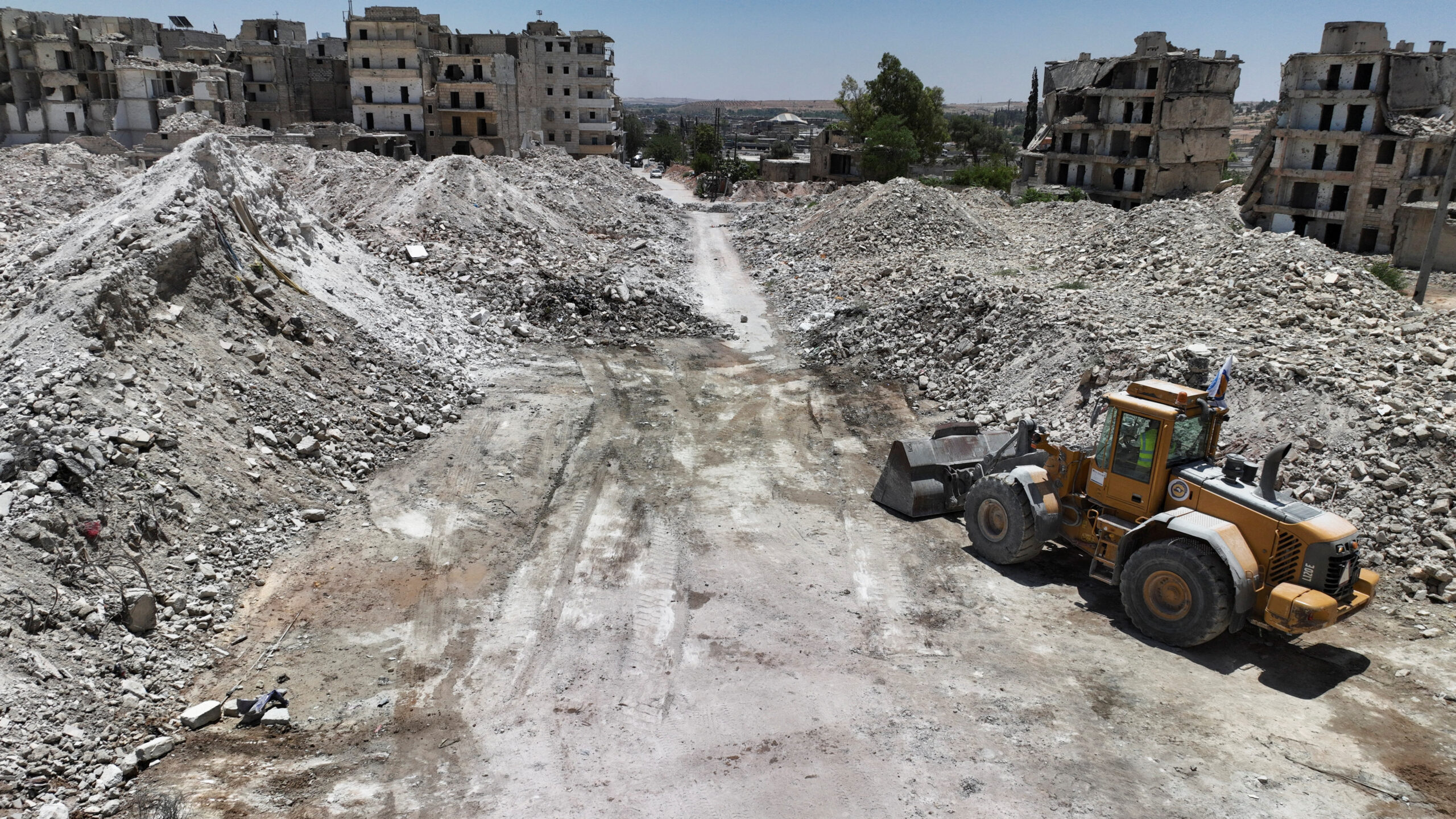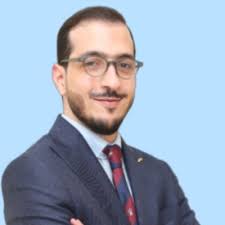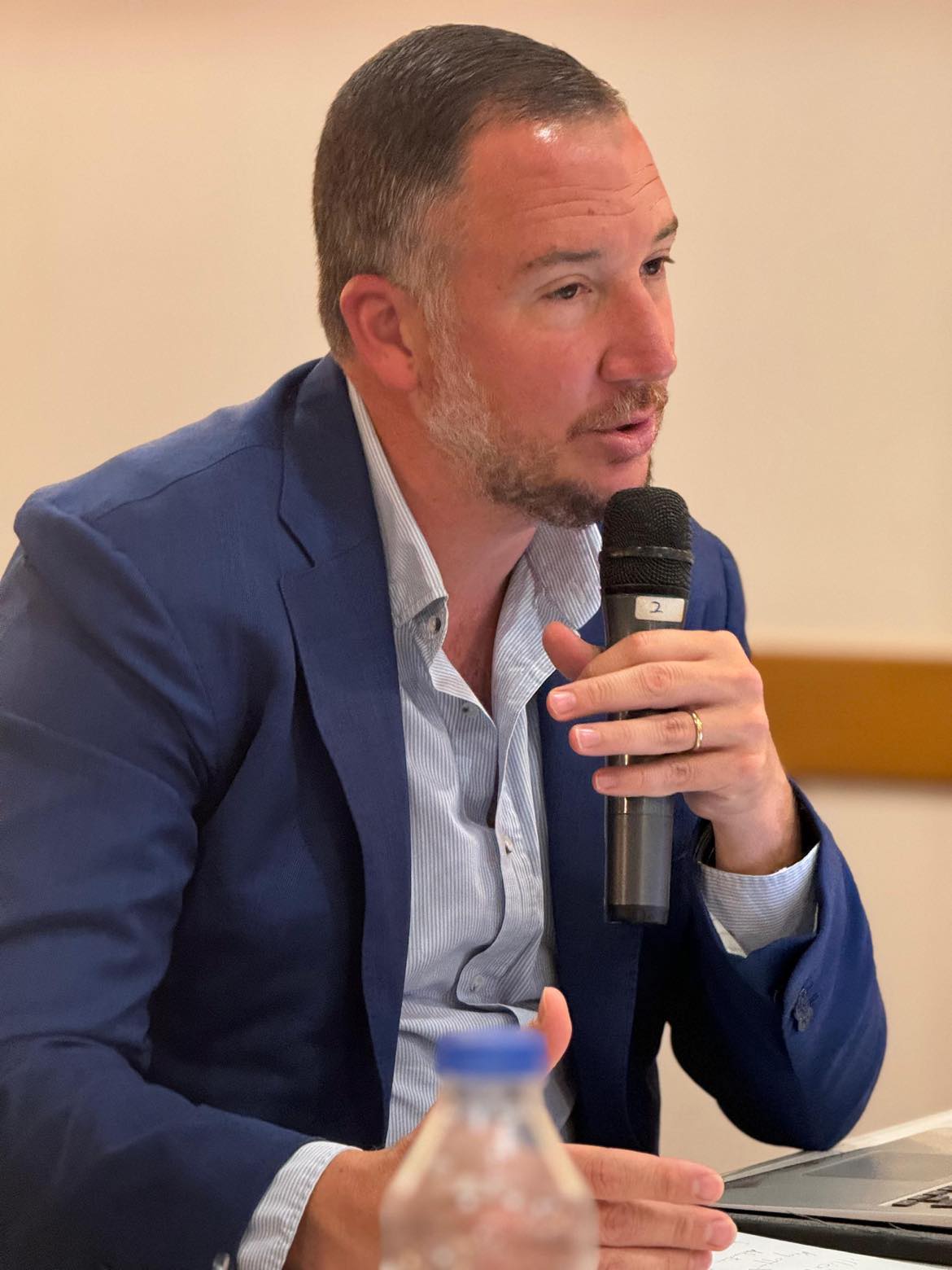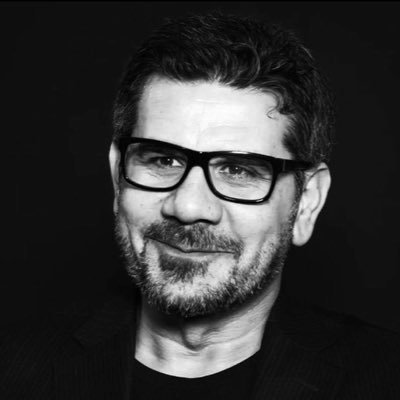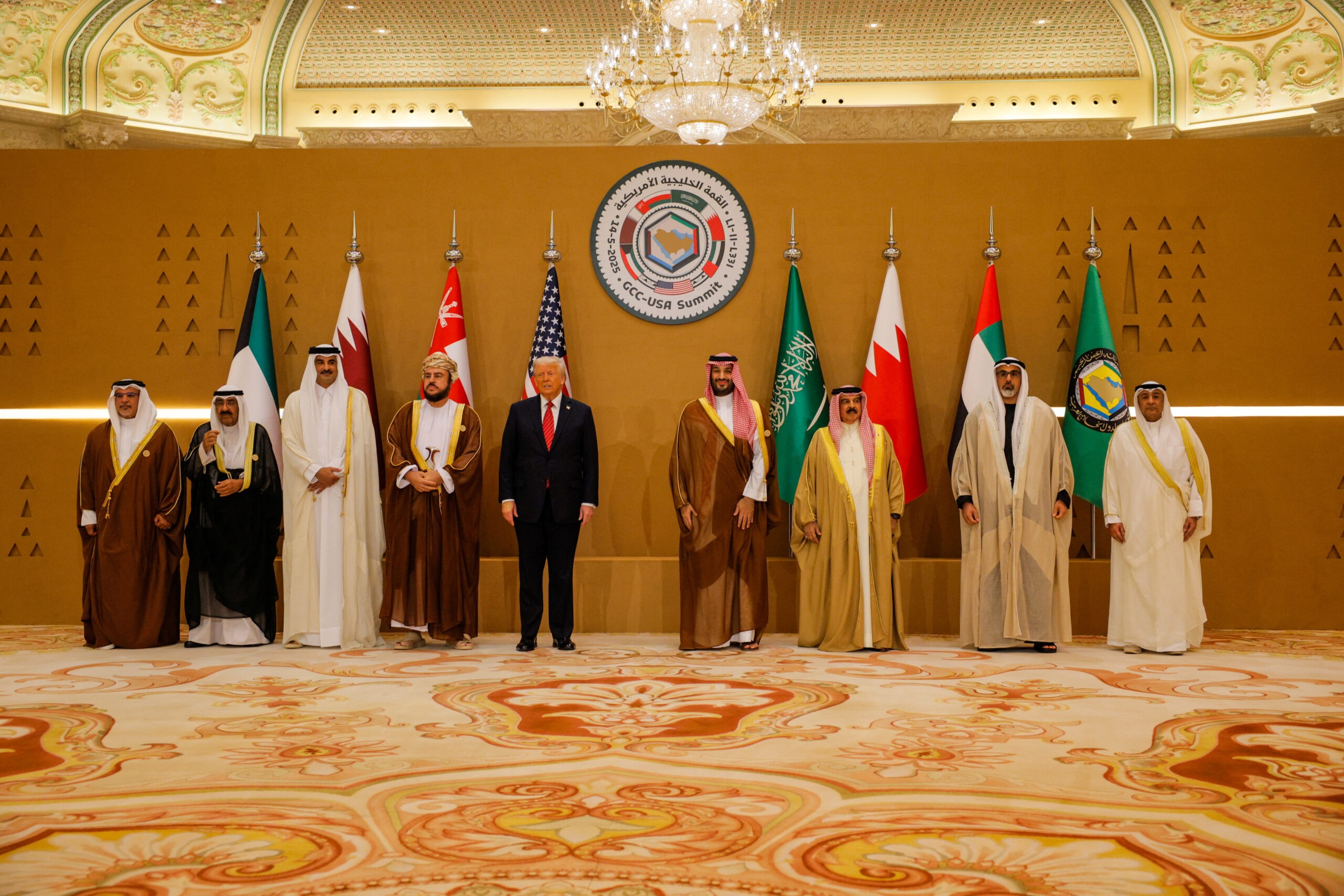U.S. Takes Concrete Steps to Lift Sanctions on Syria
As the U.S. government begins lifting sanctions on Syria, the key questions will focus on the speed and scope of reconstruction and whether the Syrian government can meet accelerating expectations.
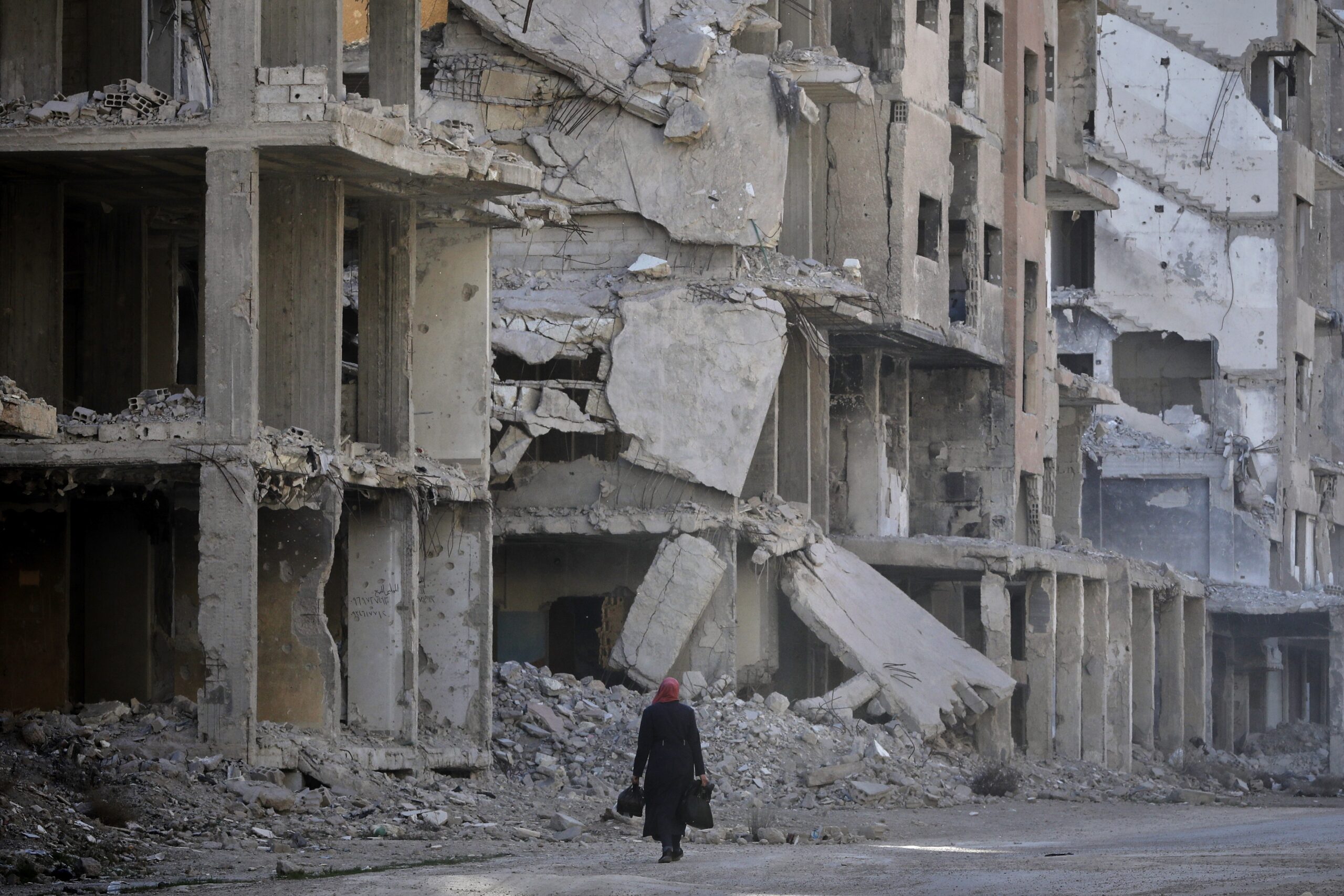
On May 24, the U.S. government took decisive action to begin implementing President Donald J. Trump’s surprisingly bold decision, announced during his mid-May visit to Riyadh, to lift all U.S. sanctions on Syria. It represents the most significant – albeit benign – aftershock following the political earthquake set off by the sudden collapse of the Bashar al-Assad regime in early December 2024. The U.S. Department of the Treasury issued General License 25, which it described as effectively lifting sanctions on Syria, according to a statement issued by its Office of Foreign Assets Control. The statement emphasized the order is intended to help Syria rebuild its economy and financial sector and made clear these actions were “in line with U.S. foreign policy interests.” A related action referenced in GL 25 will allow U.S. financial institutions to maintain “correspondent accounts for the Commercial Bank of Syria.” The peeling back of such technical provisions from the 2001 USA Patriot Act makes clear the president’s order is being implemented to the full extent.
In tandem, Secretary of State Marco Rubio issued a 180-day national security waiver for the infelicitously named Caesar Syria Civilian Protection Act sanctions, which, since the act was implemented in early 2020, had choked Syria’s economy with a suffocating layer of secondary sanctions aimed at preventing any international reconstruction efforts or investment in the country. The act was originally passed by Congress in 2019 and extended for another five years in late 2024, after the fall of the Assad regime. It will eventually require formal legislative action to repeal its far-reaching strictures, which without the Rubio waiver would continue to ward off critically needed investment and financial transactions to rebuild a country estimated to have absorbed up to $400 billion in physical damage. In a separate statement explaining his waiver action, Rubio underscored he was taking the action in furtherance of Trump’s effort to provide the Syrian government “with the chance to promote peace and stability” in Syria and with its neighbors. He also made clear that the president expected prompt action from Syria on important U.S. policy priorities. These are understood to include cooperation on counterterrorism, expelling foreign fighters, and agreeing to ties with Israel.
These sanctions actions, while decisive and likely to reassure the region and international community that U.S. sanctions relief for Syria is serious, are the first steps in what is likely to be a strenuous effort required to unwind the decades-long layering of sanctions imposed on Syria since it was first designated a state sponsor of terrorism in 1979. Key layers of sanctions were added in 2001, 2003-04 (The Syria Accountability Act), 2006, and 2011 and were topped off with the Caesar Act, now waived in most of its provisions but not repealed. The waiver by Rubio can be extended in six-month increments with further certification actions to Congress. Meanwhile, the European Union, which began to cautiously unwind its sanctions on Syria several months earlier, announced May 20 it was comprehensively lifting its remaining sanctions on Syria.
U.S. Skeptics and Israeli Reservations Dismissed
These bold steps for sanctions relief seem to short-circuit talk around White House and Republican Party circles, following Trump’s Gulf visit, about skeptics who opposed lifting sanctions on Syria over suspicions about the extremist jihadi tendencies of the government of President Ahmed al-Sharaa. Israeli Prime Minister Benjamin Netanyahu also reportedly asked Trump not to lift the sanctions when he visited Washington in April. The Israeli military’s dozens of military actions, including air raids, cross border activity, and support for Syrian minorities, such as the Druze, in southern Syria, have made clear Israel’s deep suspicions of the Sharaa government. Trump clarified shortly after departing Abu Dhabi, the final destination of his Gulf trip, that he “did not ask” Israel about his decision on Syria sanctions relief. In the coming stages for rebuilding Syria and strengthening its government to pursue security, internal stability, and counterterrorism, it remains to be seen if Israel will choose to play the role of spoiler.
Big Winners: Saudi Arabia, Turkey, and Qatar
If Israel was a loser in the battle for Trump’s support on Syria, Saudi Arabia, Turkey, and Qatar are big winners. The United Arab Emirates also staked out a nuanced but supportive position that encouraged Trump’s moves on Syria. While Turkish President Tayyip Erdogan had weighed in on the issue prior to the president’s Gulf trip, the influence of Saudi Arabia, specifically Crown Prince Mohammed bin Salman, seemed particularly decisive in light of the optics of the Gulf visit. Trump’s decision would seem to burnish Riyadh’s status as pivotal regional power broker and the crown prince’s credentials as critical wielder of influence able to lead an informal coalition of countries pushing for sanctions relief in the wake of the momentous changes in Syria.
Reconstruction: Gulf Countries, Turkey, Private Sector Will Be Key Players
After years of glacial slowness in developments on Syria, the pace has accelerated dramatically. This surge of sanctions relief is likely to open the door for substantial reconstruction efforts and investment in Syria. How much will pour in and how fast remain to be seen. The deepest pockets for financing the billions of dollars required for reconstruction are of course located in the Gulf. Qatar stands at the front of the line, having already indicated strong interest in injecting significant funds to help Syria. With Saudi Arabia and the UAE, it has the financial resources to vitally support the multibillion-dollar reconstruction effort that will be required for Syria. The UAE also has significant logistical capabilities and infrastructure development expertise it can bring to bear if it chooses to play that role.
But Gulf countries have their own priorities these days. Many are engaged in massive – and costly – internal development projects, such as Saudi Arabia’s Vision 2030, and in long-term energy and economic diversification plans. At the same time, oil prices are mired in the mid-$60 per barrel trading range, significantly below some of these countries’ fiscal breakeven price to avoid annual budget deficits. Some Gulf countries are also likely to assess whether a bold embrace of reconstruction and assistance for Syria helps ensure a further weakening of the jihadi Islamist zeal that motivated its leaders for years or merely buys it time to reassert itself down the road. The Saudis, having already hosted two meetings on Syria heavily focused on reconstruction – the first in January in Riyadh and a second in Washington, with the International Monetary Fund, in April – seem ready to take on a leadership role on this front.
Turkey seems similarly postured for a strong leadership role, with the focus, given its more limited resources, on implementation rather than financing of reconstruction. Turkish construction, transportation, and manufacturing companies are well postured to do significant work – and profit handsomely – in Syria as it rebuilds its devastated cities and infrastructure. The profit aspect also points perhaps to the incentive for joint Turkish ventures with Gulf countries, capable of providing significant chunks of the financing and investment required for such efforts but also focused on return on investment. Private companies, with legacy investment in Syria shuttered under the weight of international sanctions, such as GulfSands Petroleum, with its valuable operating stake in two oil fields in northeast Syria, will also have a role to play in the country’s reconstruction.
International Community and Syrian Diaspora’s Key Roles
On the international organization front, the United Nations will seek to carve out a useful role in helping coordinate some of this effort. The World Bank has indicated an interest in reengaging in Syria, with an initial focus on access to electricity, while the IMF has appointed its first mission chief to Syria in 14 years and will also likely play a critical role in advising the new Syrian government. The Syrian diaspora is also likely to play a pivotal role in channeling investment – supported with professional expertise – back into Syria and focusing it in useful and personal ways that reflect knowledge of specific communities and needs. Europe, with its Syrian refugee challenges, humanitarian interests, and commercial capabilities will also play a key role in these reconstruction efforts.
For now, the region and the broader international community – and the legions of planners, investors, advisors, and construction and manufacturing companies, among others – are trying to catch up with the latest decisions lifting sanctions and paving the way for the rebuilding of Syria. There is also a great sorting out and significant planning that will be required for the reconstruction of Syria, since most of the detailed reflection done to date for rebuilding Syria occurred before the Assad regime collapsed and understandably failed to include the collapse of the regime or the lifting of sanctions or has only just begun to think through the implications for reconstruction in the late-breaking assumptions required. As the process gets underway, the region and broader international community, in their different ways, are likely to insist on imperatives such as the return and reintegration of refugees and a surge in humanitarian aid to help a Syrian population mired in food insecurity and poverty, confronting destroyed health and education facilities. The international community is likely as well to insist on persistent government efforts for an inclusive political process that can culminate in a new constitution and a credible political transition. Neither the region nor the broader international community will take on this exceedingly heavy lift in the absence of such a process and the assurances that come with it. These are daunting challenges, but they also represent the huge opportunities only freshly available for Syria – and Syrians – to benefit from. While threats and extremely difficult challenges lie ahead, which could upend security and threaten Syria’s prospects, it is notable how far the country has hurtled forward in six months. For all its blemishes, that change inspires a measure of hope for Syria that has not been felt for decades.
The views represented herein are the author's or speaker's own and do not necessarily reflect the views of AGSI, its staff, or its board of directors.


